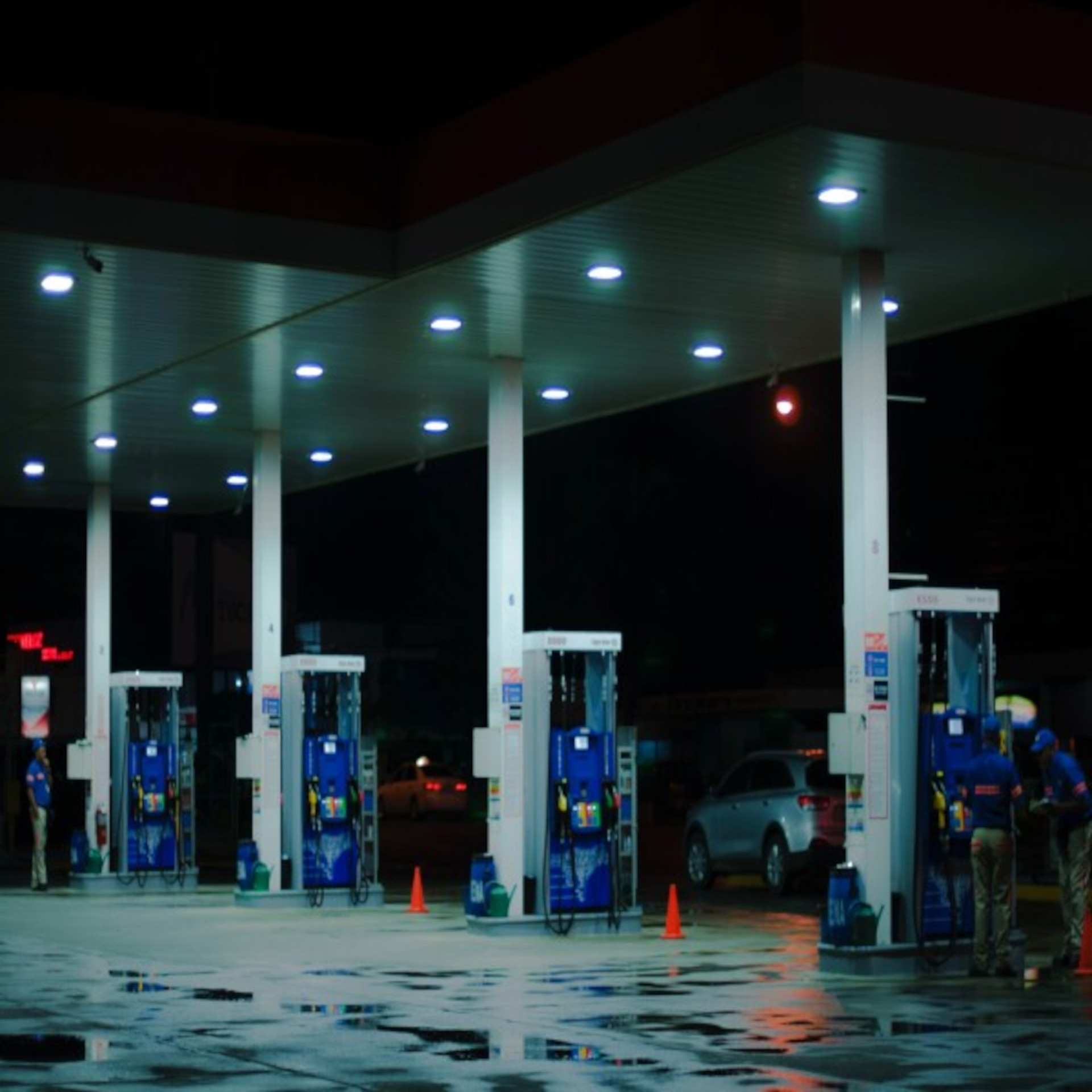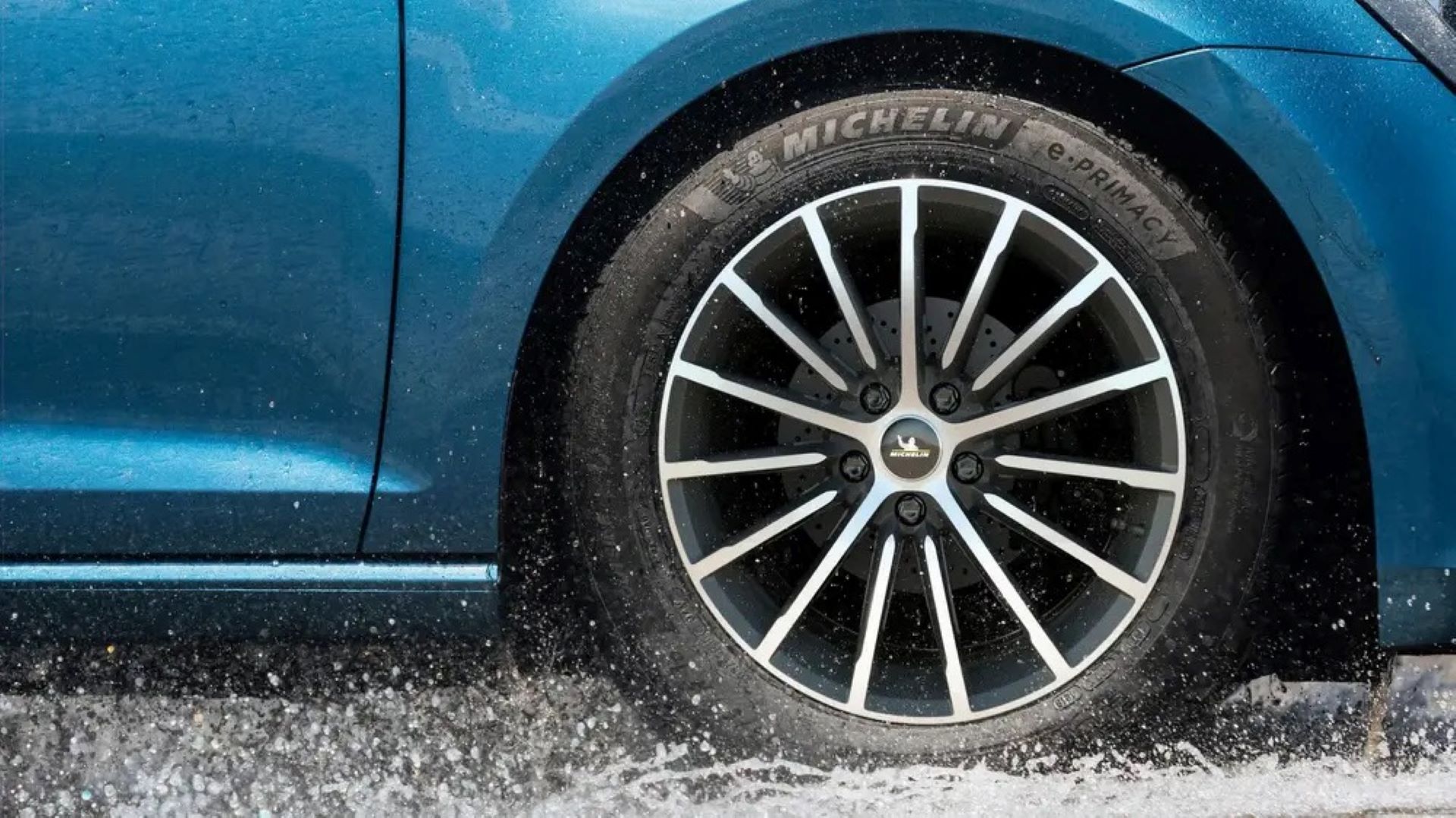Tonight, the price of 95 unleaded petrol will increase by R2.57, 93 unleaded by R2.37 and diesel will increase by R2.30 per litre. Now that the price per litre of almost all grades of fuel in all regions has crossed the dreaded R25/L mark, projections are being made that motorists can anticipate a R30/L fuel price in the not so distant future.
The CEO of MasterDrive, Eugene Herbert, says in the first part of this series it was noted how changing driver behaviour can save truck operators, and by extension, consumers money by reducing fuel consumption. “Now we look at technology and other strategies that when used with changed driver behaviour can help truck operators see a considerable reduction in fuel consumption.”
Technology:
- Be proactive: Ideally, it’s too late to react to rising fuel costs after it happens. Understand how your fleet operates so you already know which fuel-saving strategies work best for your organisation.
- Be selective when purchasing: In a demonstration in the USA, it was found that a truck with specifications that focus on fuel-efficiency make a significant difference to consumption. In future purchases, fuel consumption and technology implemented by manufacturers to reduce it should be an important deciding factor in your selection.
- Maintenance: Regular maintenance, as in light motor vehicles, plays a major role in reducing fuel consumption. Clean filters, trucks and trailers in alignment and low viscosity lubricants make a difference to fuel consumption.
- Tyre pressure: Consider tyre pressure inflation systems or automatic inflation on trailer tires.
- Speed limiters: These devices can take the decision to speed out of your drivers’ hands altogether and force them to drive at speeds that reduce fuel consumption.
- Do not idle: Use engine settings to automatically turn the engine off after a specified time. Particularly, if drivers stay in their cabs overnight, ensure they have what they need to be comfortable without having to turn on the vehicle.
- Do not be hasty: Tyres that have less tread tend to get 6% better fuel-efficiency. This is not to say that you should have bald tyres but ensure you run the full life of your tyres before replacing them.
- Aerodynamics: wind resistance accounts for 65% of fuel-consumption and by altering the aerodynamic profile of your truck you can slash this consumption by 12%. There are various means by which you can do this and even technology to assist depending on the load.
- Cruise control: Reducing variances in pedal pressure while driving can actually result in 1 – 3% savings. Whereas, adaptive cruise control can save 5%.
- Protect your diesel: Unfortunately, theft of diesel is a real challenge and anti-siphoning technology is a must-have
Internationally fleets can also work with OEM’s by adding fuel-economy parameters to their engine settings. “Many of the technologies are still on their way to South Africa, thus for now, it relies on fleet managers and drivers to reduce fuel consumption as much as possible by using what is already available as we face record-high fuel prices,” says Herbert.



